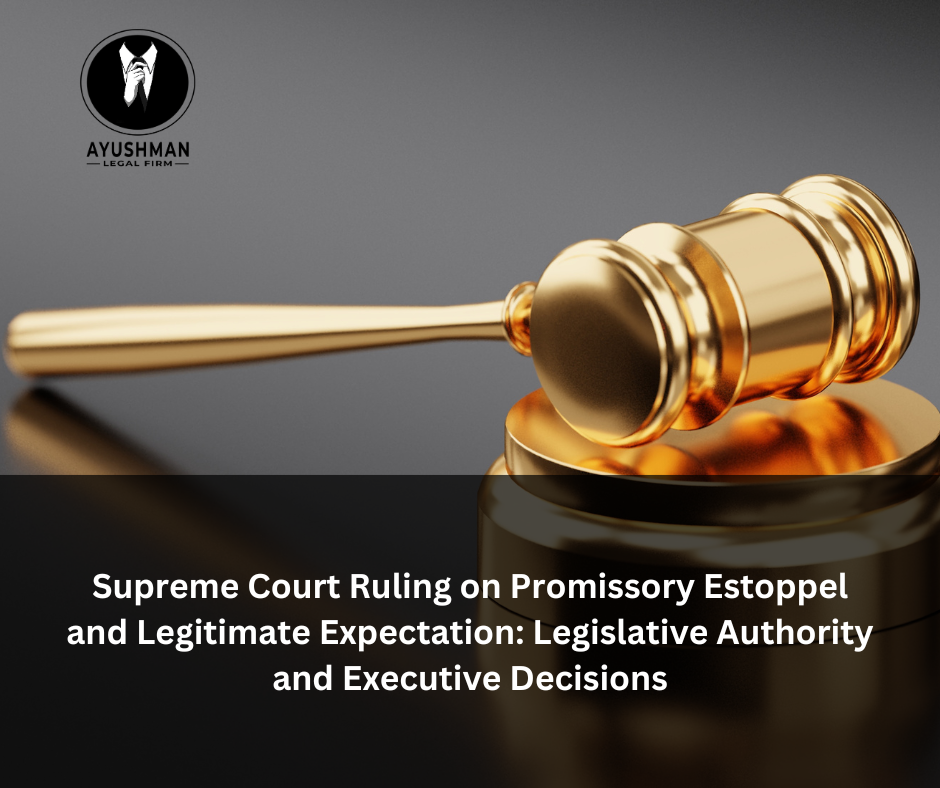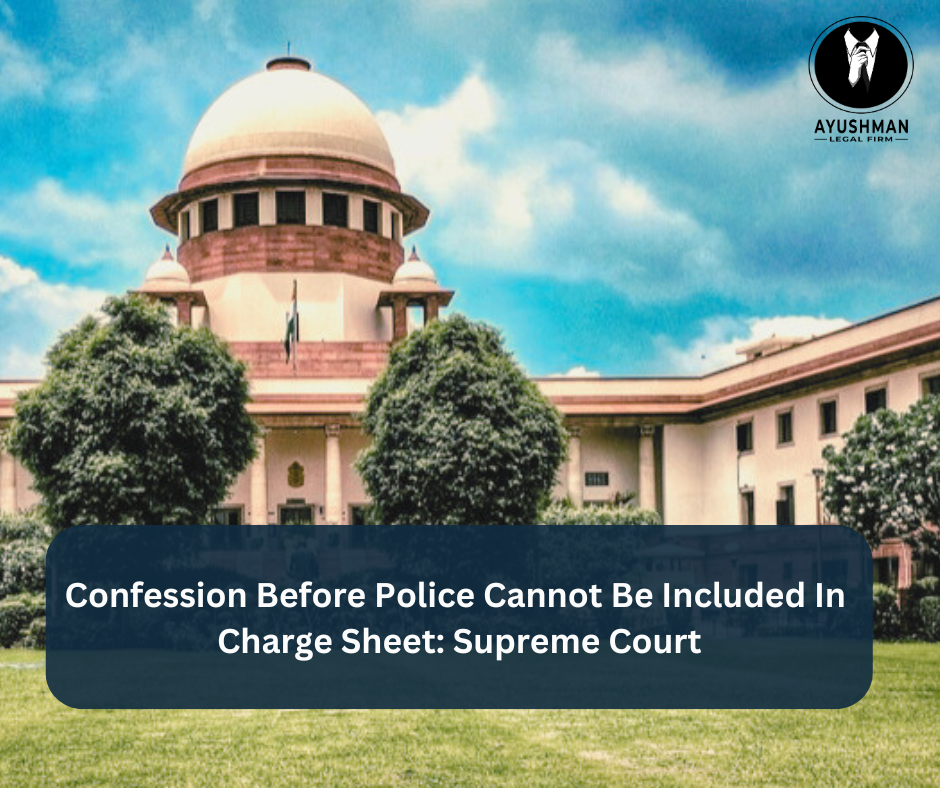The Indian judiciary continues to shape the legal landscape through its interpretations and rulings. A recent Supreme Court judgment has clarified the interplay between prior executive decisions and legislative authority, especially in the context of promissory estoppel and legitimate expectation. This article delves into the details of this landmark ruling, its implications, and the underlying legal principles.
The Case Background
Understanding Promissory Estoppel
Promissory estoppel is a principle that prevents a party from reneging on a promise made to another when the latter has relied on that promise to their detriment. This doctrine is rooted in equity and aims to avoid injustice caused by broken promises.
Legitimate Expectation
Legitimate expectation arises when a public authority’s representations or conduct give rise to an expectation that the authority will act in a certain way. This expectation can be procedural or substantive, and its breach can lead to judicial review.
The Supreme Court Judgment
The Core Issue
The central issue before the Supreme Court was whether a prior executive decision could bar the legislature from taking a contrary view. Specifically, the court examined the limits of promissory estoppel and legitimate expectation in the context of legislative actions.
Key Arguments
- For the Petitioners: The petitioners argued that the doctrine of promissory estoppel should bind the legislature, preventing it from enacting laws contrary to previous executive promises.
- For the Respondents: The respondents contended that legislative supremacy allows the legislature to enact laws that may override executive decisions, even if those decisions had created certain expectations.
Court’s Analysis
The Supreme Court’s analysis was rooted in constitutional principles and judicial precedents. The court emphasized the following points:
- Separation of Powers: The court reiterated the doctrine of separation of powers, highlighting that legislative actions cannot be unduly restricted by executive decisions.
- Legislative Supremacy: The legislature’s authority to make laws is paramount, and it can legislate on matters even if prior executive actions have created certain expectations.
- Limits of Promissory Estoppel: Promissory estoppel, while an important equitable principle, cannot be used to thwart legislative competence. The court noted that estoppel cannot operate against the constitutionally vested powers of the legislature.
Implications of the Ruling
For Governance
This ruling underscores the importance of legislative supremacy in governance. It clarifies that while executive decisions and promises are significant, they cannot bind the legislative process. This ensures that the legislature retains its authority to enact laws in the public interest, even if it means altering or nullifying prior executive commitments.
For Legal Practice
Legal practitioners must recognize the limits of promissory estoppel and legitimate expectation in cases involving legislative actions. This ruling provides a clear precedent that legislative decisions can override previous executive promises, thereby guiding future legal arguments and strategies.
For Public Authorities
Public authorities must exercise caution when making promises or creating expectations. While such actions are essential for governance, authorities must be aware that legislative changes can alter the legal landscape, and such changes are permissible within the framework of constitutional law.
Conclusion
The Supreme Court’s ruling on the interplay between prior executive decisions and legislative authority marks a significant development in Indian jurisprudence. By reaffirming the principles of legislative supremacy and the limits of promissory estoppel, the court has provided clarity on the respective roles of the executive and the legislature. This decision will undoubtedly influence future legal interpretations and governance practices in India.



